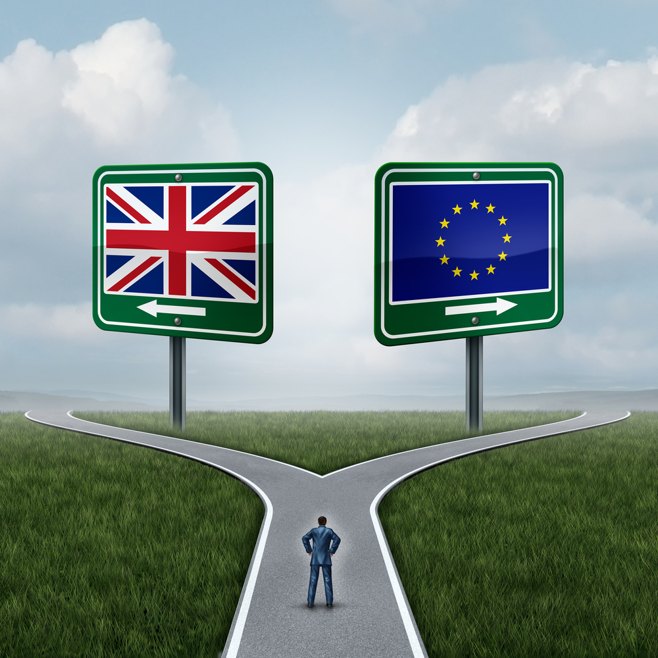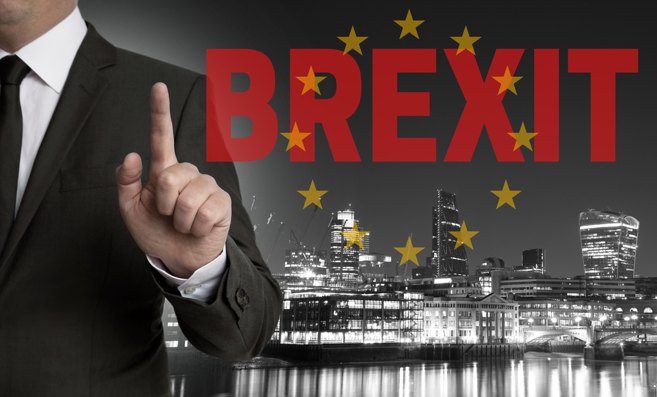BLOG
UK is OUT of the EU! What will it mean for businesses?
Jun 24 2016
Darren Best

So what’s next for businesses, both large and small?
The reality for businesses will only change in the long term, depending on the crucial arrangements Britain secures with trading partners inside and outside of the EU. Chris Cummings, chief executive of TheCityUK has commented: ‘We want government to focus very much on protecting the City In the upcoming negotiations, because it is Europe’s financial center’. ‘The government must make sure that trade policies are ambitious, and protect access to existing markets as well as being bolstered by a renewed focus on higher growth markets. We’d like trade policy on steroids’. Now that Britain has decided its fate, shareholders and regulators will be demanding to know exactly how the government intends to broker deals. Contingency plans may be implemented, or companies will adopt the approach of ‘let’s wait and see’. Everyone waking up to the news will have heard that no governmental law will change in the next two years; meaning plans need to set up. Trading conditions will not change immediately, and despite the value of the pound plummeting for the first time in 30 years to as low as $1.3224 and ranking significant declines against the euro and the yen, the financial market will remain volatile until the dust settles and negotiations begin. A dip in the economy was to be expected, and what must be remembered is that it is a short term effect. Photo credit: wsf-s/Shutterstock
Moreover, company bosses will now be fueling negotiations to ascertain divorce settlements with the EU based on politics more than economics; especially with the French and German elections next year. Mujtaba Rahman at London-based consultancy firm Eurasia Group also comments that ‘business leaders are therefore going to have to wise up on the peculiarities of European politics, as these will determine the final offer made to the UK’. Carolyn Fairbairn, director general of the CBI, also said the prosperity was for businesses is the Bank of England and the government to work together to ensure stability. The European Round Table of Industrialists, which groups 51 chairmen and chief executives of leading multinationals including BP and Rolls Royce in the UK are said to be disappointed by the result: ‘Our joint challenge will be now to forge new partnerships and to further growth opportunities so that both regions continue to thrives.’
Nestle, which employs 7,000 in the UK is to continue as normally as possible, and an outcome for the future would be reached in the next few months. BMW, also agrees there is to be a period of uncertainty but there will be ‘no immediate change to our operations in the UK.’ Hitachi, who are building a train plant in County Durham is also considering the next steps to take. To further explain the economic aspects of voting to leave the EU was Maurice Levy, chief executive of Publicis, one of the world’s largest advertising groups. In a statement, shortly after the results, he adds the economic effects will not be catastrophic:
‘I don’t see any major crisis. If you compare it with 2008, it will not be nearly as bad. When you have weak currencies in a robust market, even if there is some turmoil, the market is not going to collapse. The brits are still going to be there, they will continue to live and to spend.’
So before we all hasten to judge the situation of leaving the EU, we must remind ourselves of the hard facts that come with the significance of leaving. There will no doubt be good and bad from leaving, yet the effects will take a while to materialise. For the time being, negotiations must begin and conversations must be had between European companies and UK businesses, before any long-term plans are put in place.
Photo credit: wsf-s/Shutterstock
Moreover, company bosses will now be fueling negotiations to ascertain divorce settlements with the EU based on politics more than economics; especially with the French and German elections next year. Mujtaba Rahman at London-based consultancy firm Eurasia Group also comments that ‘business leaders are therefore going to have to wise up on the peculiarities of European politics, as these will determine the final offer made to the UK’. Carolyn Fairbairn, director general of the CBI, also said the prosperity was for businesses is the Bank of England and the government to work together to ensure stability. The European Round Table of Industrialists, which groups 51 chairmen and chief executives of leading multinationals including BP and Rolls Royce in the UK are said to be disappointed by the result: ‘Our joint challenge will be now to forge new partnerships and to further growth opportunities so that both regions continue to thrives.’
Nestle, which employs 7,000 in the UK is to continue as normally as possible, and an outcome for the future would be reached in the next few months. BMW, also agrees there is to be a period of uncertainty but there will be ‘no immediate change to our operations in the UK.’ Hitachi, who are building a train plant in County Durham is also considering the next steps to take. To further explain the economic aspects of voting to leave the EU was Maurice Levy, chief executive of Publicis, one of the world’s largest advertising groups. In a statement, shortly after the results, he adds the economic effects will not be catastrophic:
‘I don’t see any major crisis. If you compare it with 2008, it will not be nearly as bad. When you have weak currencies in a robust market, even if there is some turmoil, the market is not going to collapse. The brits are still going to be there, they will continue to live and to spend.’
So before we all hasten to judge the situation of leaving the EU, we must remind ourselves of the hard facts that come with the significance of leaving. There will no doubt be good and bad from leaving, yet the effects will take a while to materialise. For the time being, negotiations must begin and conversations must be had between European companies and UK businesses, before any long-term plans are put in place.
 Photo credit: Ditty_about_summer/Shutterstock
Feature image credit: Lightspring/Shutterstock
Photo credit: Ditty_about_summer/Shutterstock
Feature image credit: Lightspring/Shutterstock